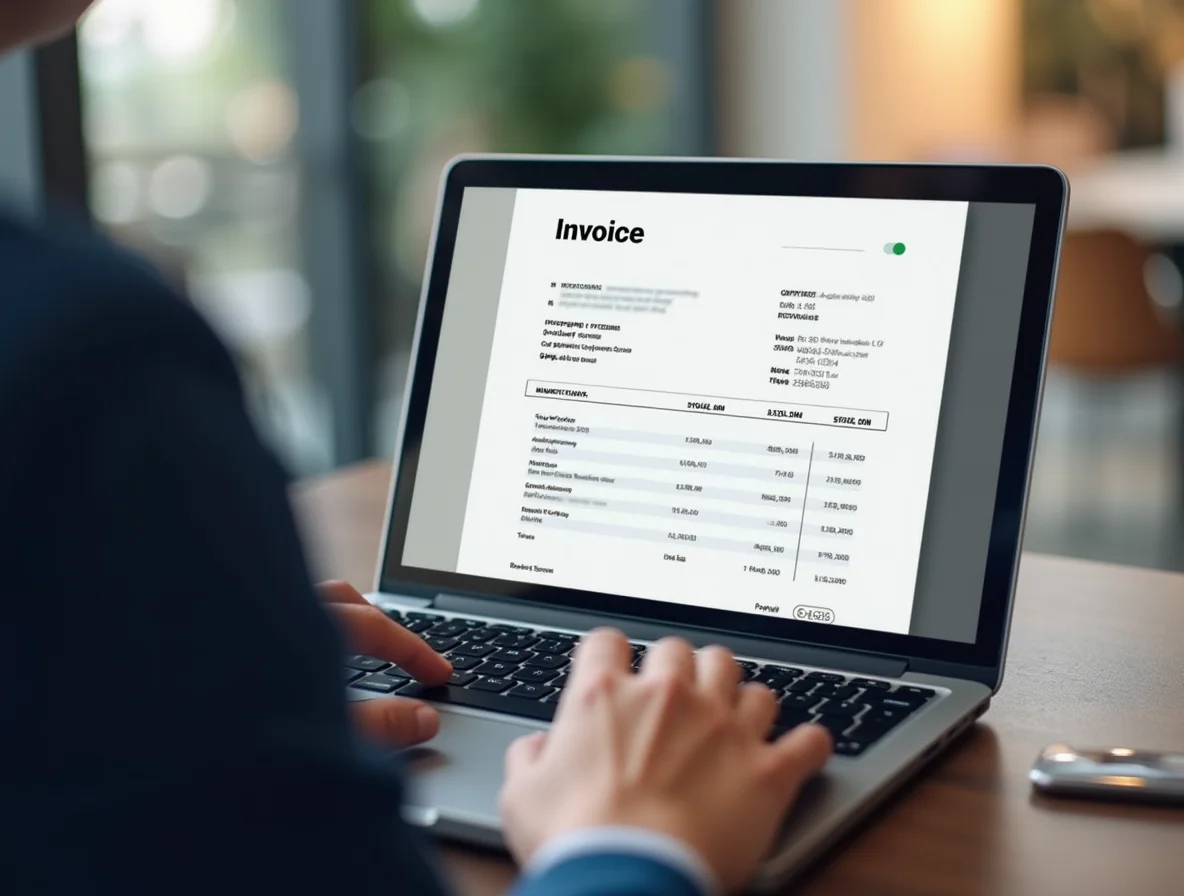UAE has long been recognized for its paperless initiatives for several years now, and it’s only getting stronger. The country’s shift to the status of being a digital-first economy is rapidly in progress, along with ensuring full compliance with tax authorities. Amongst these initiatives, one of the most-talked about and major one is the rollout of electronic invoicing, expected to become mandatory in July 2026 for both B2B and B2G transactions. With an aim to enable businesses to create, deliver, and process invoices electronically in near real time, this initiative is also simplifying tax reporting for the Federal Tax Authority (FTA).
This streamlined, standardized, and automated invoicing is set to benefit both private and government entities. The system is built around real-time data exchange and structured formats (XML, UBL, JSON), ensuring seamless integration, stronger compliance, and faster financial workflows.
The Basics: E‑Invoicing vs Continuous Transaction Controls
E‑invoicing refers to the process of issuing and exchanging of invoices electronically in structured formats—moving away from unstructured PDFs, images, or scans.
Continuous Transaction Controls (CTCs) are the compliance mechanism within e-invoicing. Every invoice must be validated along with a signature and company stamp, and reported to the FTA in real time through Accredited Service Providers (ASPs), using a five-corner Peppol network model.
How It Works: The Peppol Framework Explained
1. The seller enters invoice data into their system and sends it via their accredited ASP.
2. The sending ASP validates the data, then transmits it to the buyer’s ASP.
3. The buyer’s ASP verifies and delivers the invoice to the purchaser’s software.
4. The buyer’s system imports and populates the invoice.
5. The seller’s ASP also transmits the invoice details to the FTA’s central platform.
This interconnected framework ensures smooth, secure, and compliant processing of all invoices.
What This Means for Your Business in the UAE
Improved Accuracy and Automation
Major cut down on manual tasks, reduction of errors, and acceleration in processing time – all due to digital invoicing.
Lower Costs and Greater Sustainability
Reduced costs and an accelerated environmentally friendly approach due to less reliance on paper and physical storage.
Stronger Compliance and Transparency
Business can now stay audit-ready and avoid compliance risks with the help of real-time reporting to the FTA.
Support for Long-Term Growth
Accurate, timely invoice data strengthens the government’s ability to create business-friendly policies and invest in future infrastructure.
Gear Up for the 2026 Compliance Deadline
With the July 1, 2026 compliance deadline approaching, UAE businesses must act:
1. Budget for implementation costs, including ASP fees based on invoice volumes.
2. Assemble a cross-functional team involving finance, IT, sales, procurement, and tax.
3. Update your software stack, ensuring ERP/invoicing systems support structured formats and live transmissions.
4. Choose an FTA approved ASP for compliant invoice submission.
5. Conduct pilot tests and provide comprehensive training to ensure a smooth transition and minimise operational disruptions.
Final Thoughts – A Strategic Transformation
E-invoicing paired with Continuous Transaction Controls is more than digital paperwork—it’s a strategic transformation meant to drive efficiency, accuracy, and compliance. When fully implemented, UAE businesses will enjoy quicker processing, unified reporting, and alignment with next-gen digital standards.
Ready for a Smooth Transition? Meet SetHub UAE
Going digital sounds like a small task – but it isn’t all about just about ticking compliance boxes. It’s about the bigger picture – about building resilience and efficiency.
Not sure where to start? Let SetHub be your guide through the transition.
We offer end-to-end support—from company setup and corporate tax planning to accounting software integration. Our team can help you:
• Assess your current invoicing landscape
• Integrate the right FTA-accredited ASP and update your systems
• Train your teams for real-time e-invoice submission
• Ensure you’re 100% compliant by 2026
Make your e-invoicing journey seamless and future-ready—contact us today.
